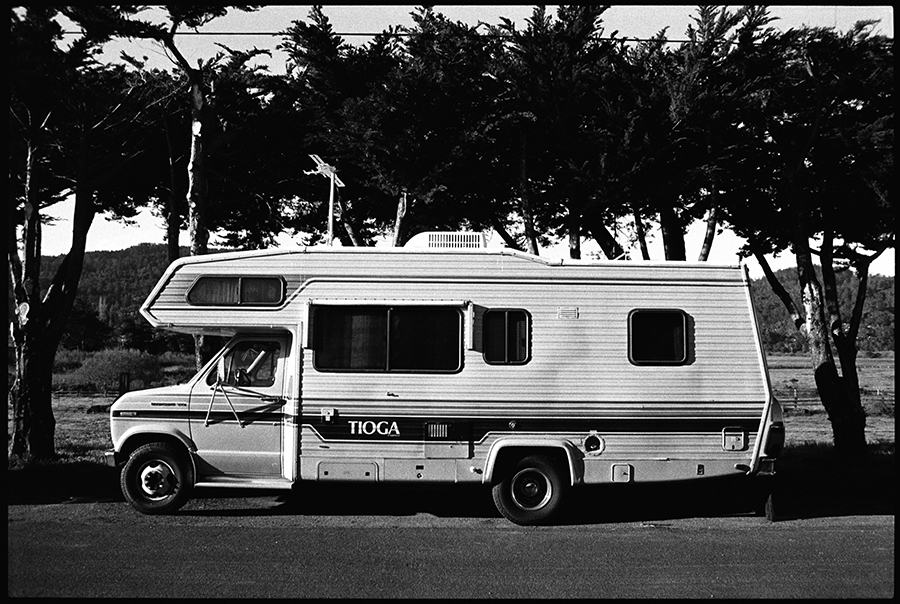Following pressure from locals, Marin County Parks has pledged to install signs warning visitors that camping is illegal along the willowy banks of Papermill . . .
County to post no-camping signage in Point Reyes open space


Following pressure from locals, Marin County Parks has pledged to install signs warning visitors that camping is illegal along the willowy banks of Papermill . . .